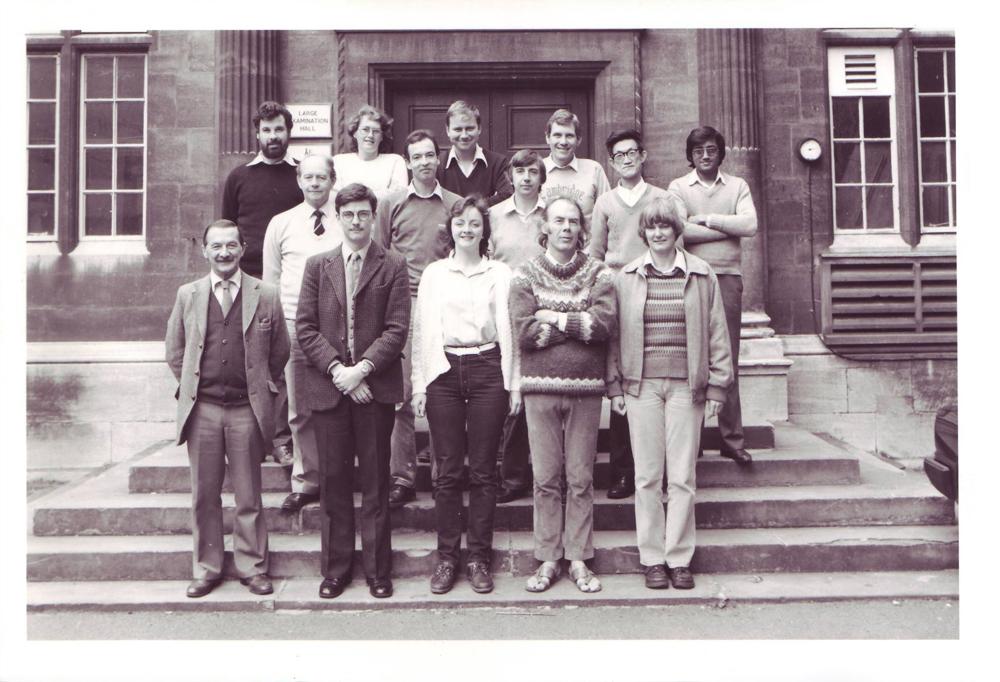
Submitted by Rachel Aucott on Fri, 15/01/2021 - 14:38
The Department is delighted to hear that the Quaternary Research Association (QRA) has awarded Dr Richard Preece the James Croll Medal, their highest honour. The Medal is normally awarded to a member of the Association who has not only made an outstanding contribution to the field of Quaternary science, but whose work has also had a significant international impact. The President of the QRA, Professor Simon Lewis, provided the following citation:
Richard has made a substantial contribution to Quaternary research over many years, through his work on Quaternary molluscs. He has studied many important sites and sequences, in Britain and elsewhere in Europe, ranging from the Early Pleistocene to the Holocene. Among his many important contributions are: his work on the Late-glacial and Holocene sequences at Holywell Coombe, Kent, linked with the construction of the Channel Tunnel; his investigations of the complexities of the Cromer Forest-bed Formation in East Anglia; and his biostratigraphical and palaeoenvironmental insights into a number of important Palaeolithic sites. He has also been an active member of the QRA, through field meetings, discussion meetings and as Vice-President.
Richard accepted the award at the QRA’s Annual General Meeting hosted (virtually) by the University of Portsmouth, which is a stone’s throw from the Isle of Wight where Richard was born and where his interest in all things molluscan began. On accepting the award Richard acknowledged his multiple collaborators, including those at the University Museum of Zoology, where he has been Curator of Malacology since 1986.
Richard was “humbled and delighted” to be added to an impressive list of previous recipients of the James Croll Medal. The photo above, taken in 1984, shows staff of the Godwin Laboratory for Quaternary Research, formerly located outside the Large Examination Hall on the New Museums Site. As well as a youthful Richard (top left), the personnel includes Ann Wintle (bottom right), a pioneer in optical dating, who was awarded the James Croll Medal in 2018, and Nick Shackleton to her right, who finally vindicated the Croll-Milankovitch hypothesis.
The medal is named in honour of James Croll (1821-1890), a self-taught Scottish scientist, who corresponded with Darwin. Croll proposed an astronomical basis for the periodicity of ice ages (later developed by Milankovitch) and undertook fieldwork on the glacial geology of Scotland to find support for his theory. He also worked on mechanisms that drive ocean circulation and the impact of that circulation on recent climate, as well as on tidal theory and the rotation of the Earth. All these topics remain major elements of Quaternary science.
